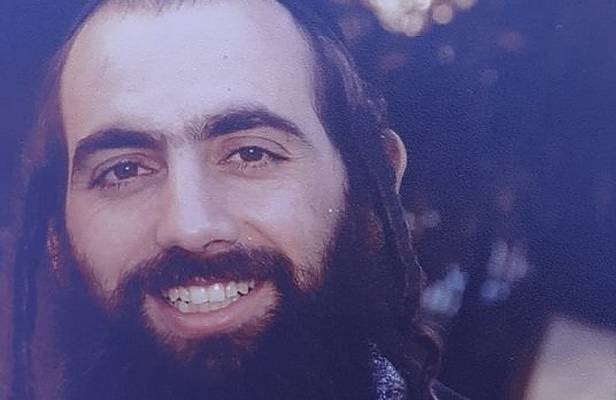Shai Ohayon was described by his father-in-law as a “good father to his children and a good husband to his wife.”
The 39-year-old Israeli man who was killed in a suspected terrorist attack in Petah Tikva on Wednesday has been identified as Shai Ohayon, a married father of four.
Ohayon — a Haredi Jew who resided in the central Israel city where he lost his life — was described by his father-in-law as a “good father to his children and a good husband to his wife.”
“He was like a son to me,” Ohayon’s father-in-law added. “He taught Torah lessons.”
Ohayon’s wife was said to be “in shock” over his death.
“It’s inconceivable,” his father-in-law said. “It’s a great loss.”
Ohayon was laid to rest late Wednesday night, at Segula Cemetery in Petah Tikva.
President Reuven Rivlin tweeted, “Our thoughts are with the Ohayon family whose son Rabbi Shai was murdered by a despicable terrorist. We have lost a man of Torah, a font of knowledge, a father of four children. The terrorist and his accomplices must face justice. Terror must not win. May his memory be a blessing.”
Prime Minister Benjamin Netanyahu stated, “On behalf of all the citizens of Israel, I send my deepest condolences to the Ohayon family over the murder of the father of the family, Rabbi Shai, in the stabbing attack today in Petah Tikva. The heart aches. My wife Sara and I embrace the family, a wife and four children left today without a father.”
“We will work to demolish the terrorist’s home and seek the most severe punishment,” he added.
The suspected assailant — Khalil Abd al-Khaliq Dweikat, a 46-year-old Palestinian man from the Nablus (Shechem) area in Samaria who had entered Israel with a work permit — was arrested as he tried to flee the scene of the stabbing, which took place at Segula Junction.
He had no prior history of terrorist activities, according to Israel’s Shin Bet internal security service.

Family and friends attend the funeral of Rabbi Shai Ohayon at the Segula cemetery in Petah Tikva, Aug. 27, 2020. (Noam Revkin Fenton/Flash90)
